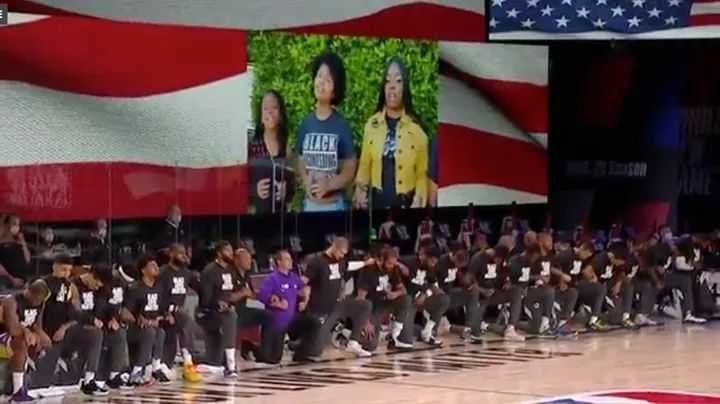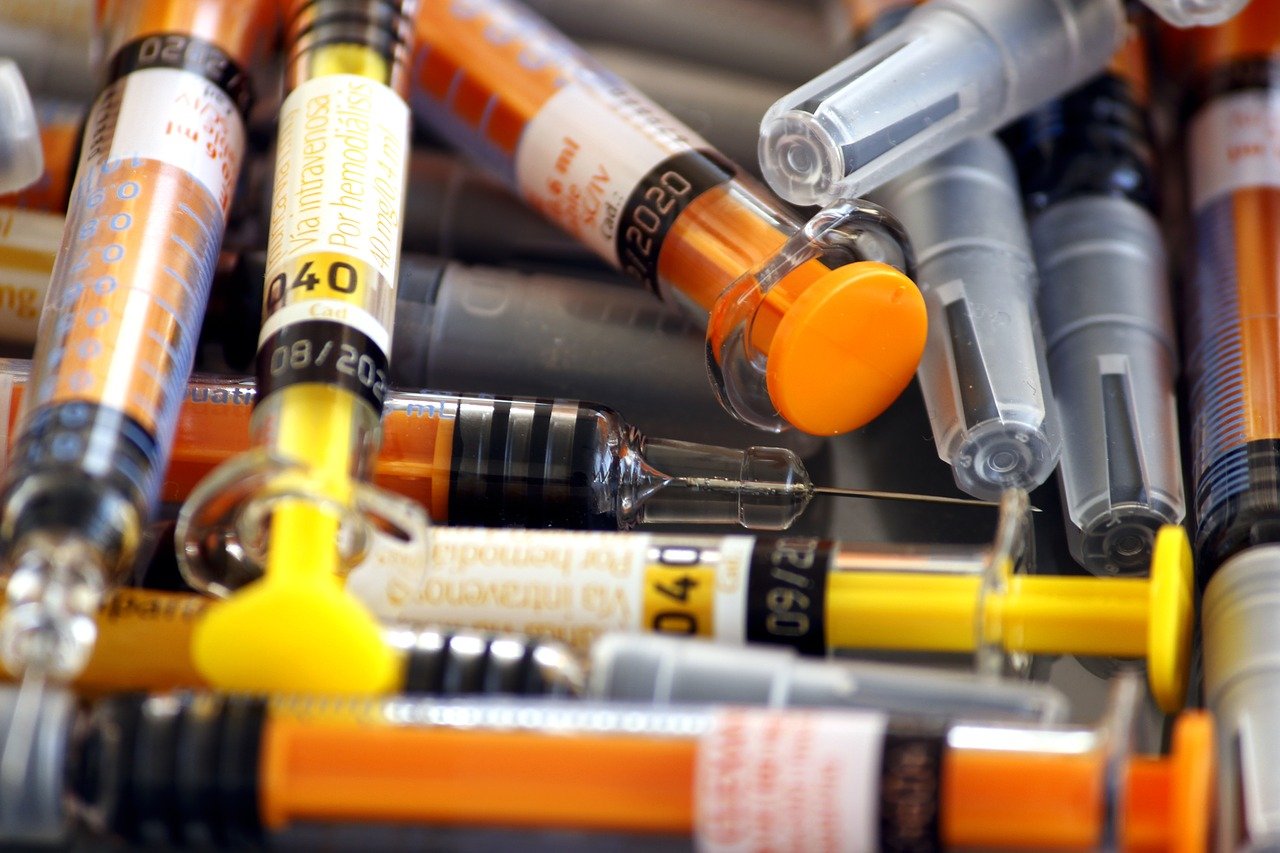There’s more to tobacco industry’s dirty tactics than tax evasion — health group
After the recent pronouncement of President Duterte that he ordered the arrest of the head of a local tobacco manufacturing agency allegedly for tax evasion, HealthJustice Philippines, a public health think tank with expertise in tobacco control and health promotion, clarified that “there is more to the dirty tactics of the tobacco industry than tax evasion.”
“Yes, I ordered his arrest. He’s the one behind [the] fake cigarette stamps,” Duterte, referring to the arrest of the president of Mighty Corporation, said yesterday.
“The issue of tax evasion is just part of the larger evil we seek to prevent in protecting the bureaucracy or any other non-profit organization for that matter from the influence of the tobacco industry. The tobacco industry systematically employs its enormous financial resources and political capital to water down public health policies and manipulate government officials into acting for their interests,” said Dr. Jaime Galvez Tan, Member of the Board of Trustees of HealthJustice.
The World Health Organization refers to such pattern of behavior as “tobacco industry interference.” On its website, it elaborated that “the tobacco industry has used its economic power, lobbying and marketing machinery, and manipulation of the media to discredit scientific research and influence governments in order to propagate the sale and distribution of its deadly product.”
“Though tobacco industry interference comes in many forms, from attempting to bribe government officials to acquiesce to its demands to offering assistance in drafting health ordinances, the most obvious is corporate social responsibility or CSR. Some tobacco manufacturers have front groups they call foundations, and these often provide free school supplies medical assistance, training for law enforcers and the like under the guise of contributing to society. To the contrary, these acts are propelled by an insatiable desire to protect their profits, which can only be done by burying the dirty truth under a set of carefully orchestrated acts they call ‘good deeds.’ And the dirty truth is the tobacco industry is determined to pursue its commercial interests at the expense of public health,” Galvez Tan articulated.
Galvez Tan then warned that “the bureaucracy and even non-government organizations should be on guard against any attempt by the tobacco industry to use their agencies as pawns in a massive display of hypocrisy.”
Interaction between the government, including its local units, and the tobacco industry is prohibited unless strictly necessary for purposes of regulation, control and supervision, as provided under the Civil Service Commission – Department of Health Joint Memorandum Circular (CSC-DOH JMC) 2010-01. The Framework Convention on Tobacco Control, the international health treaty to which the Philippines is signatory, likewise disallows governments to deal with the tobacco industry.
The 2016 ASEAN Report on Implementation of WHO Framework Convention on Tobacco Control published by the Southeast Asia Tobacco Control Alliance identified the American Chamber of Commerce and Wong Chu King Foundation as front groups for Philip Morris Fortune Tobacco Corporation and Mighty Corporation, respectively. The same report revealed that Philip Morris International increased CSR spending in Philippines, Malaysia, and Thailand from USD 1.5 million in 2009 to USD 2.5 million in 2015.
According to the Tobacco and Poverty Study in the Philippines, which was conducted jointly by the WHO, DOH and the University of the Philippines College of Public Health, 10 Filipinos die every hour due to smoking-related illnesses, translating to 87,600 deaths every year. More than one out of eight Filipinos aged 13-15 have consumed tobacco products, as estimated by the Global Youth Tobacco Survey (GYTS) 2005-2014 report of WHO.
HealthJustice is a Bloomberg Awardee for Global Tobacco Control.




